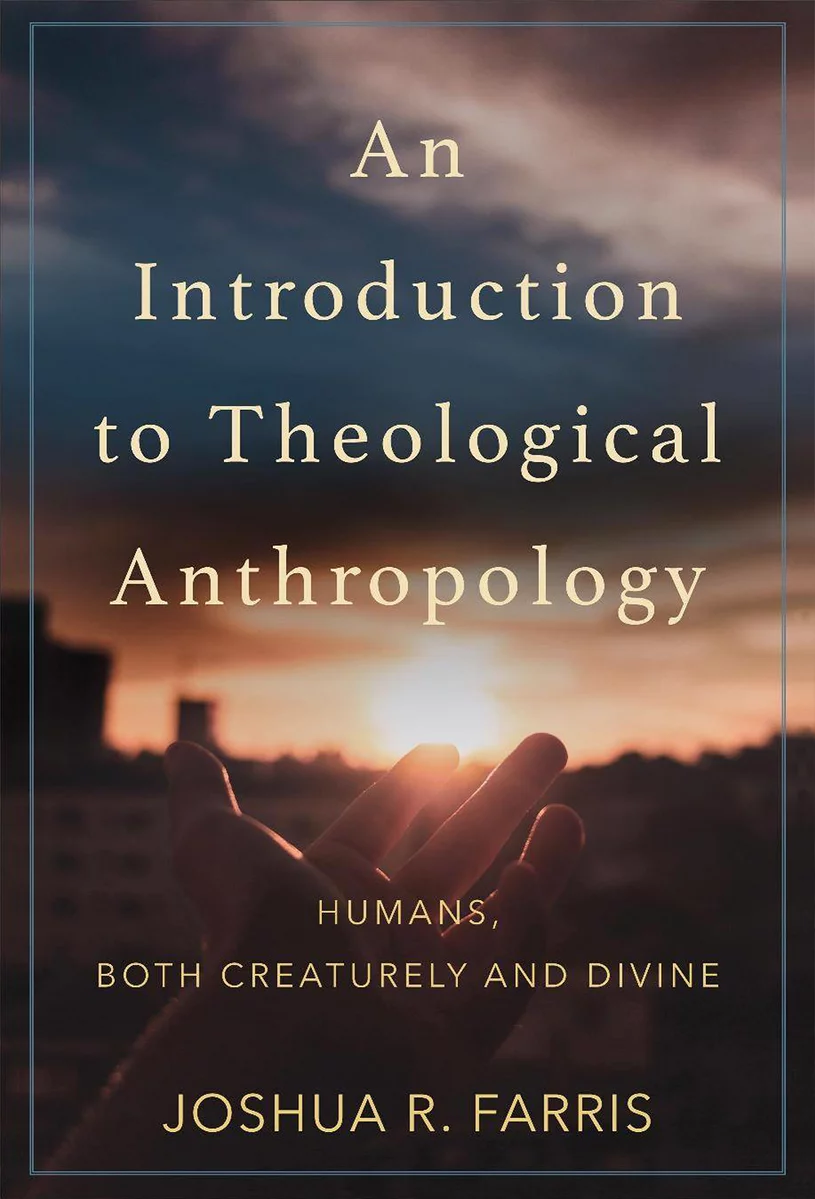

An Introduction to Theological Anthropology:Humans, Both Creaturely and Divine
Joshua R. Farris
Baker Academic
Theological anthropology is a topic of perennial interest among evangelical theologians and other scholars of religion. Although numerous introductions are available, the vast majority presuppose a nonbiblical worldview and require a familiarity with philosophy and theology. This volume fills a gap in the literature by offering a thorough introduction to the topic written from an evangelical perspective. It introduces foundational sources of knowledge on human persons from the scriptural narrative and church history while drawing from contemporary evangelical models.
Motived by ancient and Reformed reflections on human nature, Joshua Farris walks the reader through some of the most important issues in traditional approaches to anthropology, such as sexuality, posthumanism, and the image of God. He addresses fundamental questions like, What does it mean to be human? Who am I? and Why do I exist? He also considers the creaturely and divine nature of humans, the body-soul relationship, and the beatific vision. Farris concludes that humans are souls and bodies and are designed to experience the presence of God. They are appropriately understood in their creaturely context as divine image bearers, yet their goal is union with God.
